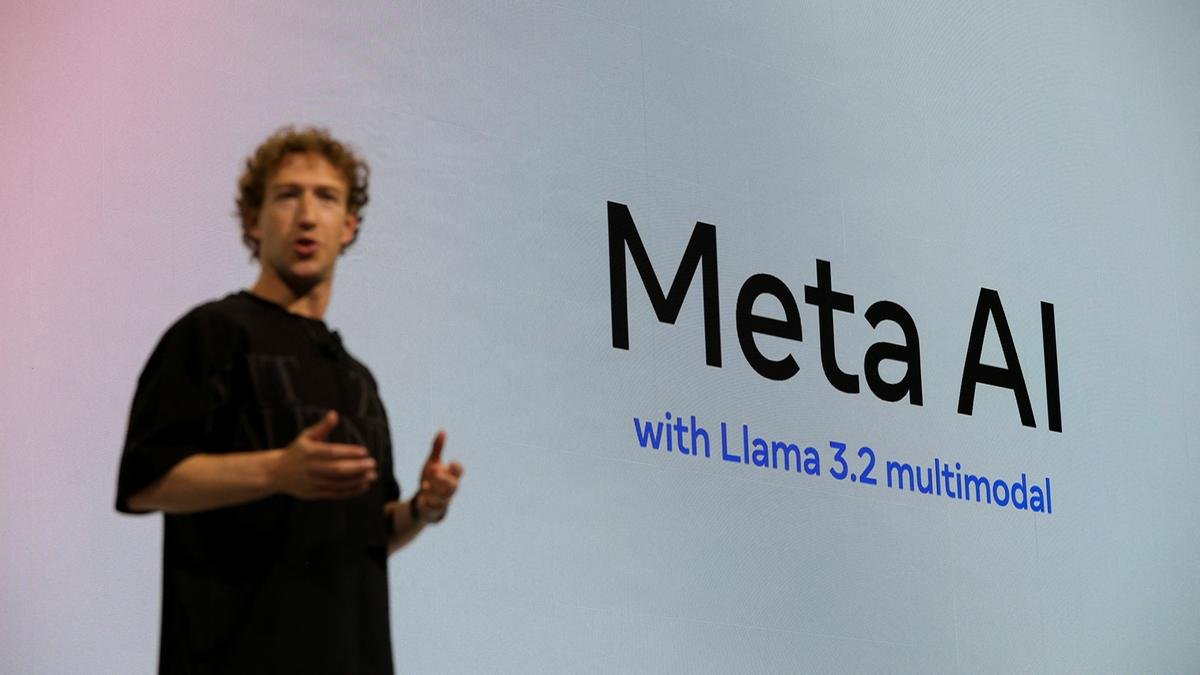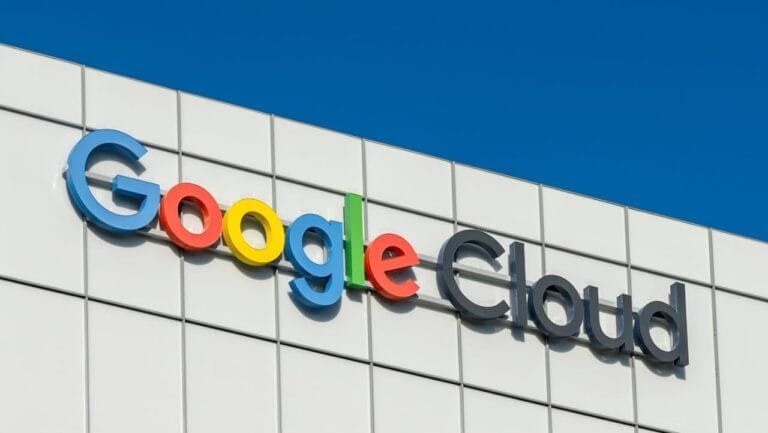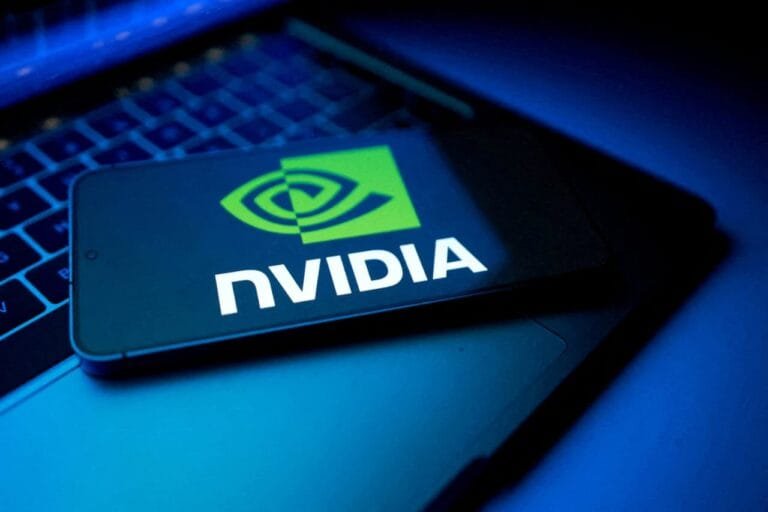
Mark Zuckerberg is personally reaching out to AI researchers as part of Meta’s AI talent strategy.
Artificial Intelligence (AI) is the hottest topic in today’s world. It is not just a technical term. But it is a power that is changing the way we live, work and connect with each other. At the center of this AI revolution are a few select companies. They are spending billions of dollars to lead in this field. And one of these major players is Meta, formerly known as Facebook. Led by Mark Zuckerberg, Meta is trying to transform itself from a social media company to a metaverse and now an AI-first company.
The most important thing for this transformation is – AI talent. Research engineers and scientists specializing in the field of AI are very few in the world. And their demand is very high. Therefore, bringing them to your company is a highly competitive and expensive task. According to recent news, Meta is spending huge amounts of money to acquire this AI talent, including signing bonuses of up to $100 million and huge salary packages.
The question is, will this heavy spending pay off for Meta? Will it help it overtake Google, OpenAI, Microsoft and other giants? Or is it just a waste of money? In this article, we will discuss all these questions in depth, analyze the strategy behind Meta’s spending on AI talent, the challenges it faces and its possible consequences. Meta’s heavy spending on AI talent accounts for every penny. Meta’s race for AI talent has been making headlines in recent times. OpenAI CEO Sam Altman himself has claimed that Meta is offering packages of up to $100 million to its researchers. Although Meta’s CTO Andrew Bosworth has called these claims “dishonest”, it is clear that the company is making incredibly lucrative offers to attract AI experts.
Who is getting these big packages
Talking about top researchers and scientists, the most experienced and famous researchers in the field of AI are in the highest demand. These are the people who have created large AI models like Llama GPT or Gemini. Meta is contacting these people personally through Zuckerberg’s messages directly. Along with this, Meta is not only hiring people but it is also buying AI startups which have talented teams.
Recently, there have been reports of the acquisition of startups like PlayAI. Its main objective is to add its AI talent to itself as well as attract experts. Bringing experts from OpenAI, Google DeepMind and other companies to its side is an important part of Meta’s strategy. Bringing 28-year-old Scale AI CEO Alexander Wang to lead Meta’s new AI lab is a big step to promote young talent. This shows that Meta is betting not only on established names but also on young and emerging talent.
Strategy Why is Meta spending so much?
This heavy expenditure of Meta on AI talent is part of a well-planned strategy. There are many reasons behind it. Like the fear of falling behind in the AI race, players like Google, Microsoft and OpenAI have gone far ahead of Meta in the AI race. Google has Gemini. OpenAI has GPT-4 and GPT-5. And Microsoft has invested heavily in OpenAI.
Meta feels that if it falls behind in this AI race, its future will be at risk. And AI is very important for social media and the metaverse, as well as the emphasis on open-source AI, which is a big part of Meta’s AI strategy is open-source. Their AI model Llama 3 is open-source. Which means anyone can use it and modify it. This is a different strategy. Because OpenAI and Google keep their models closed. Meta believes that open-source AI will attract the community and establish them as a leader in the field of AI. For this, they need the best AI researchers in the world. Who can make Llama even better.
Which is what AI needs for the metaverse. Metaverse is a virtual world where people can connect with each other, work and play. AI is very important to make this metaverse successful. AI talent is needed to create AI-powered avatar language translation and virtual worlds. As well as strengthen the advertising model, Meta’s revenue comes mainly from advertising. AI can make this advertising business even more efficient. Using AI, Meta can show more relevant ads to its users. Which will give better results to advertisers and increase Meta’s revenue. And talking about the dream of superintelligence, Mark Zuckerberg has set a goal of creating superintelligence which will be more intelligent than the human brain. This is a very ambitious goal. And to achieve this, the most talented people in the world are needed. Zuckerberg himself is leading this team and is directly hiring the best talents.
This bet of Meta is risky And it faces many challenges
First of all, the huge cost and uncertainty over the returns that spending so much money on AI talent can put pressure on Meta’s profits. Analysts say that investing in AI is a long-term investment. And it is difficult to get immediate benefits. Investors are worried that Zuckerberg is spending money without any restraint. As well as the lack of clear strategy that Some experts have questioned the strategy of Meta’s superintelligence project. They say that Zuckerberg’s vision is not clear and it is just about gathering top talent. Not about a concrete plan. Which is cultural differences and integration of the team
Molding talented people brought from different companies into a team working together is a big challenge. At the same time, OpenAI and Google have their own work cultures. And it is not easy to merge these cultures into Meta’s culture. The contradiction of open-source and monetization If Meta’s open-source AI strategy creates a contradiction. If the Llama model is free and open-source. So how will Meta make money from it? Will there be a subscription model for AI as suggested in some reports? And regulatory pressure Meta is already on the radar of regulators around the world. Heavy spending on AI talent and acquisition of AI startups can further increase regulatory scrutiny. Especially under anti-competition laws.
Will this bet pay off?
Perhaps it will not be easy to answer this question but we can consider some possible scenarios. Success scenario Leadership in AI If Meta is able to make Llama 4 and beyond models better than GPT-5 and Gemini. Then it will become a major player in the field of AI. New revenue sources If Meta can create new revenue sources other than advertising using AI such as AI-powered business tools or premium experiences in the metaverse and success of the metaverse If the metaverse becomes an attractive and useful place with the help of AI. Then it will be a big game-changer for Meta. As well as cost reduction which in the long run AI can make Meta’s operations more efficient. Which will reduce costs and increase profits.
Failure scenario And talent exodus which if Meta is unable to manage the team properly or provide a clear direction then the talent can go to other companies. Which is a waste of investment if there is no solid return on AI investment. So it can become a matter of concern for shareholders and can affect the financial health of the company. Also regulatory action which if regulators find Meta’s AI activities anti-competitive. Then they may face heavy fines or other sanctions. And wrong direction if Meta’s dream of superintelligence remains a scientific fantasy. So it will prove to be a costly mistake. As well as Meta’s AI team and key people which include some prominent names in Meta’s AI efforts.
This is Yann LeCun who is a pioneer in the field of AI. He is the chief AI scientist of Meta. Apart from this, now Scale AI CEO Alexandr Wang has also become a part of this team. Who will lead Meta’s new AI lab. Zuckerberg himself is personally hiring top talent. Which shows his passion for this project. And this team is working in various AI sub-fields such as Computer Vision, Natural Language Processing (NLP) and Generative AI. Which is Llama 3 and further Llama 3 is the most important AI model of Meta. It is giving tough competition to models like Google’s Gemma and Gemini. Work is also going on on new models like Llama 4 and Llama 4 Reasoning. The success of Llama is very important for Meta’s AI future.



